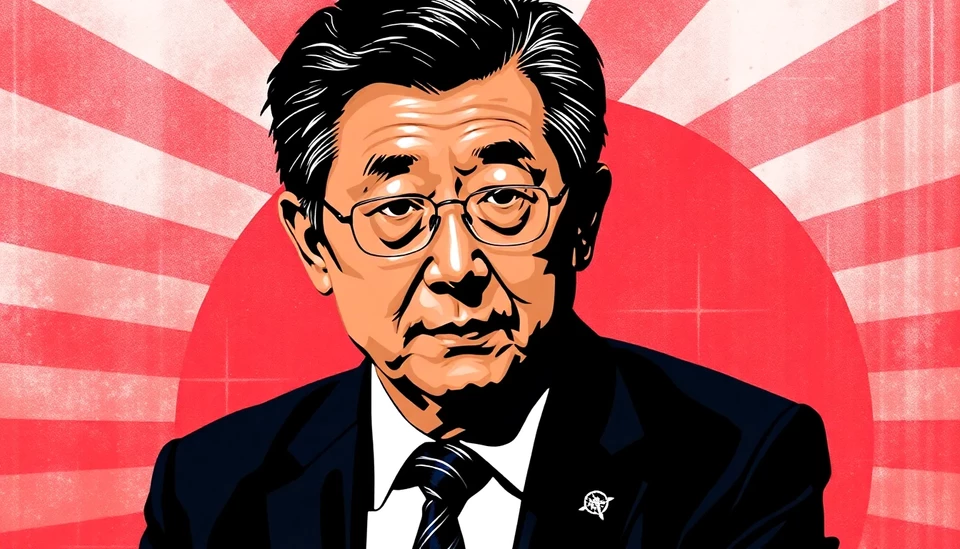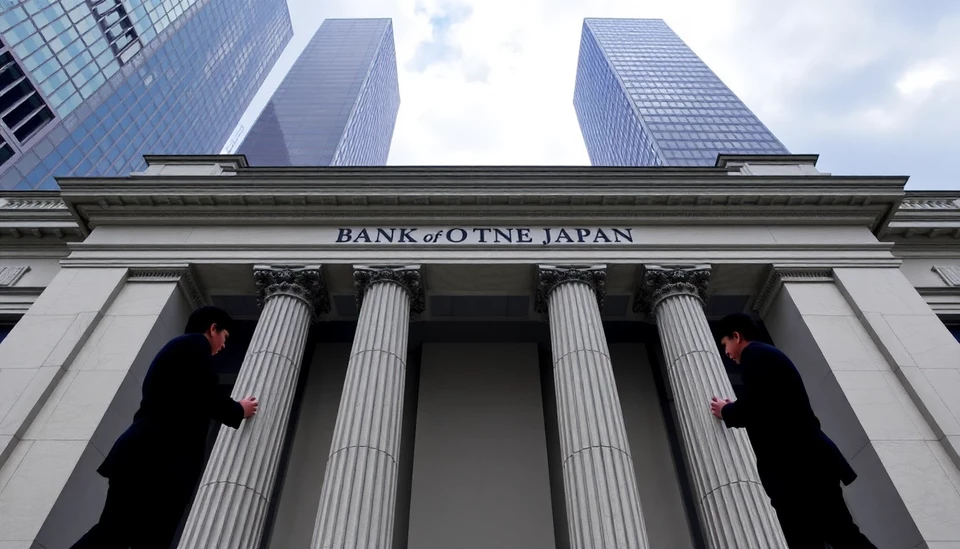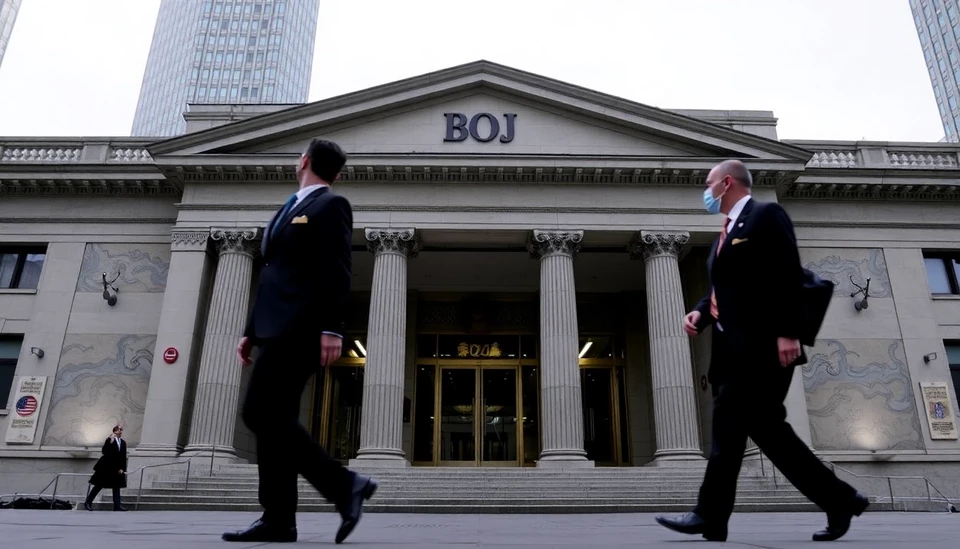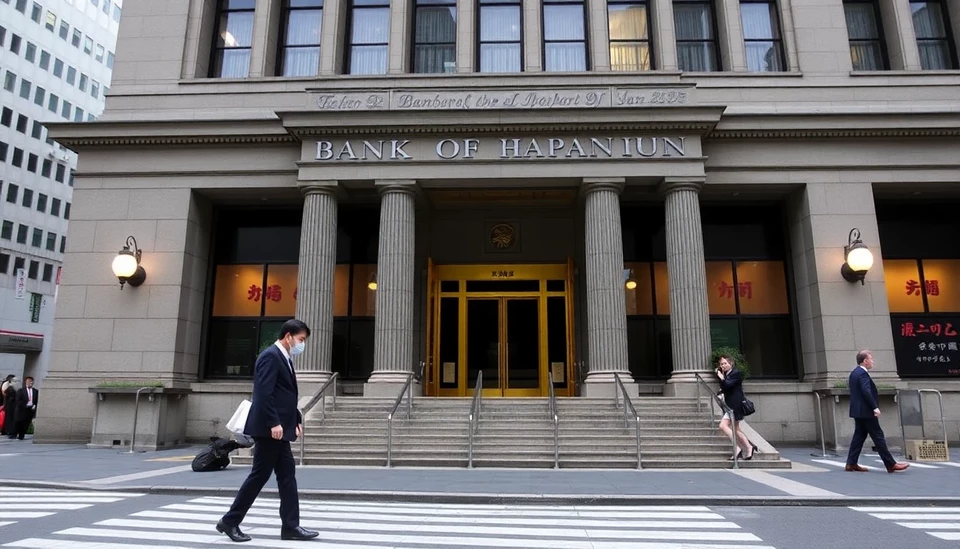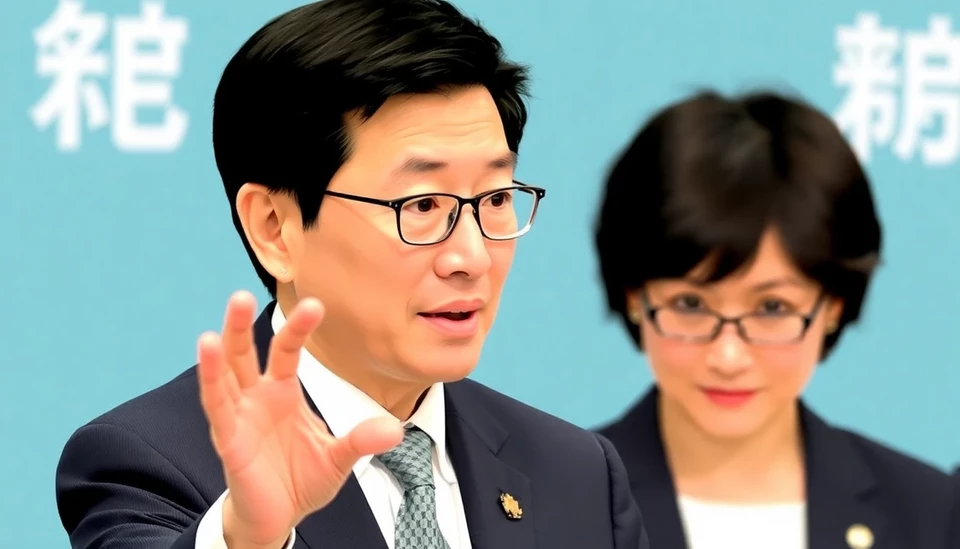
In a recent statement that has caught the attention of market analysts and investors alike, Kazuo Ueda, the Governor of the Bank of Japan (BOJ), expressed his deep concerns regarding the delicate balancing act of normalizing monetary policies. Speaking at a symposium, Ueda admitted that the complexities and implications of right-sizing the Bank’s current strategy keep him awake at night.
Ueda’s remarks come amid Japan’s ongoing economic discussions, particularly in the backdrop of rising inflation and the global economy's shifting patterns. He emphasized that while the BOJ has maintained historic low interest rates for an extended period to foster economic growth, the eventual need for policy normalization looms as a significant challenge.
Despite facing pressure from the international finance community and domestic market observers to address the enduring monetary stimulus, Ueda highlighted the need for a cautious approach. He reiterated that abrupt moves could destabilize the fragile economic recovery that Japan is currently experiencing.
The Governor articulated that every decision regarding interest rates is meticulously weighed, as it could fundamentally alter consumer behavior and investment strategies across the nation. He pointed out the necessity to connect with the public and markets to ensure that any modifications in policy are understood and integrated smoothly.
Ueda’s candid reflections on the pressures of his role also reflect a broader sentiment within central banks worldwide. As countries grapple with persistent inflation and potential recessions, the task of adjusting policies without damaging economic stability becomes increasingly daunting.
In light of these challenges, Ueda remains committed to using all available tools to achieve price stability and steering Japan towards a sustainable economic path. His remarks not only illuminate the complexities faced by the BOJ but also underscore the central bank's vigilance in monitoring both domestic and global economic indicators.
As the banking sector watches closely for any signs of change, Ueda's acknowledgment of the pressure associated with policy normalization indicates a thoughtful approach to the potential challenges ahead. Investors and market analysts will undoubtedly continue to scrutinize his leadership as the landscape evolves.
In conclusion, Ueda’s admission that he is often preoccupied with the normalization process signifies both a recognition of the potential risks involved and a commitment to ensure that Japan’s monetary policy is both effective and responsive to future economic realities.
#BOJ #KazuoUeda #MonetaryPolicy #EconomicStability #Japan #Inflation #CentralBank #InterestRates
Author: Rachel Greene
